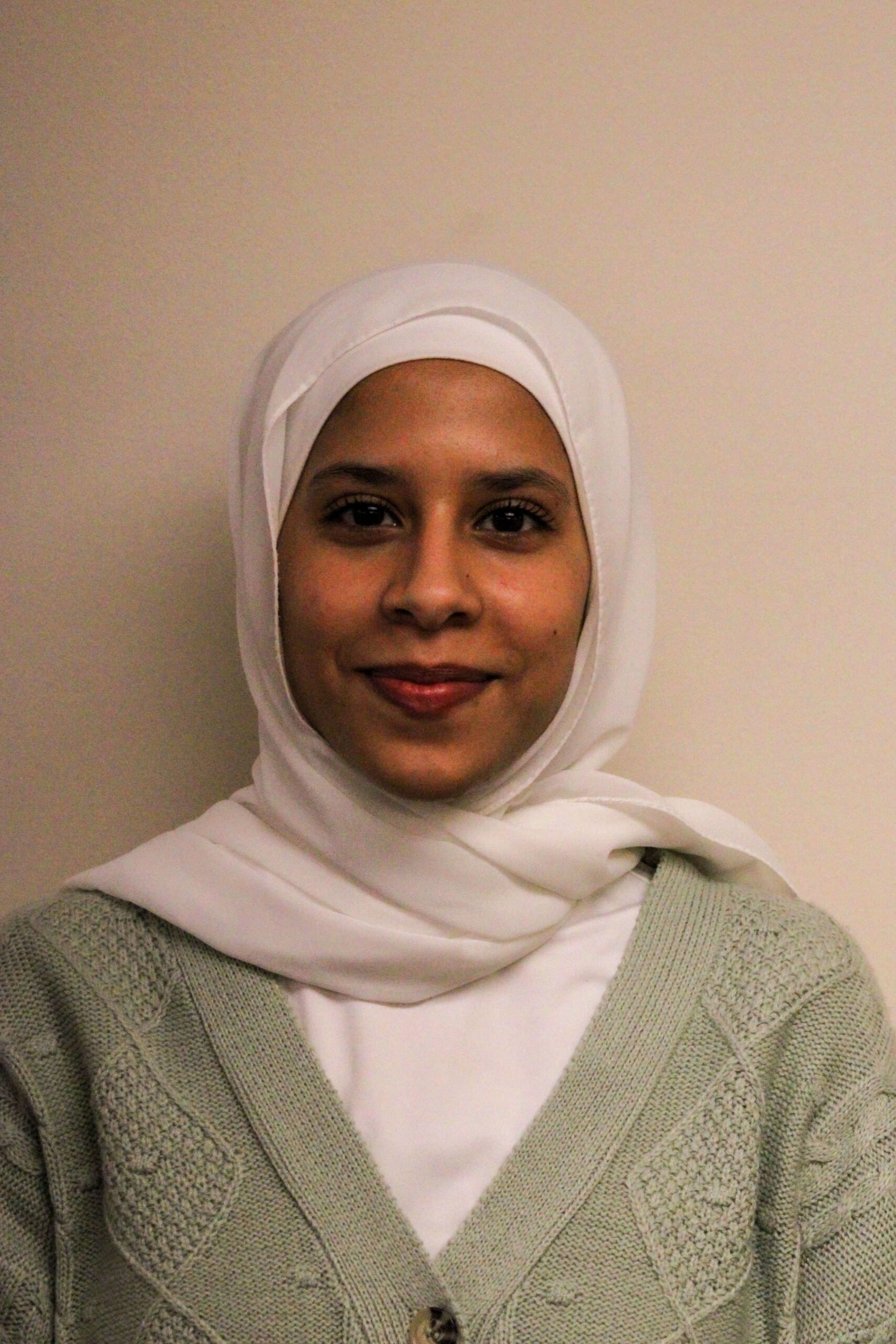As a Muslim at Goshen College, a Mennonite institution, having Engaging the Bible as a required course is understandable. However, non-Christian students should have the option to take it or not.
When I took the class in the fall of 2022, this course did not infringe on any of my religious beliefs as a Muslim and it did not make me feel uncomfortable — but I did feel incongruous, as if I was observing the classroom rather than being a part of it.While this is a CORE class, there is this strange sense that one must come with relevant knowledge regarding the Christian faith. Being in a class full of students who understood common stories, people and sayings was intimidating. I was constantly searching for deeper meanings in quotes and readings, making sure to not write something far-fetched or completely wrong.
Although I gained some new insights into Christianity during the course, it was still difficult for me to fully grasp and understand some topics and assignments, because they were new to me. I found it challenging to comprehend certain phrases and references that were discussed such as direct quotes and people from the Bible.
Assignments that may have taken students with a background in Christianity 30 minutes took me hours — again reinforcing my place as an observer.
I recall one specific section in an exam that required us to write two memorized passages of the Bible. I felt uneasy about this and would have preferred it not to be included since it felt very personal and strange for me to recite verses that were not of my faith.
Paul Keim, the professor that I had, was considerate about other religions. He discussed connections between Christianity and other religions like Islam, which helped me understand certain topics. He also made sure to answer any questions to help clarify any confusion. Further, I was able to utilize my resources such as getting help from the ASK desk and friends.
When it came to group discussions and projects, the students were supportive and provided explanations to simplify interpretations. Despite this understanding and supportive environment, there was still a barrier and difficulty. This reflected that the main issue was the course content, rather than the professors or students.
And I am not the only one feeling this way. Elle Albahal, a first-year majoring in biochemistry, shared, “The course felt as if the other students who were Christian or Mennonite had an advantage since they had more background knowledge of the religion. With this, it was difficult for me to understand topics during class. I also noticed that the material was more opinionated and tended to have many interpretations, rather than actual meanings, which I found confusing and strange.”
Hadel Alammari, a junior biochemistry major, mentioned, “Since Goshen College is a private Christian school, it makes sense why it is required. Also, it is important to learn what the people around you believe in, however, I do not want it to be required. As non-Christian students, we are already required to attend chapel, take perspective classes, and have a CORE religion world. Within these requirements, we are always observing the Christian religion, so having Engaging the Bible as a requirement adds on more credits that we are required to take that won’t benefit us for our majors.”
Another student, Ashgaan Al-Bahal, a junior majoring in biochemistry, said, “Despite the college being Christian, the course shouldn’t be required. I didn’t learn anything new and I didn’t use any of the information in my day-to-day life. This made the course unnecessary as it took time off my major.”
After this course, I walked away with a good understanding of Christianity, but it did not come easy.
I believe that this course should not be required for non-Christian students. GC has other avenues for students to connect with Christian faith traditions such as bi-weekly chapel, Campus Ministries, and references during other courses.
Many non-Christian students do not need this class for their majors and future careers, therefore it is an extra requirement with little to no benefit. Students can take their other required courses in place of it.
This course can be offered for students who are interested in learning more and understanding concepts, but it should not be required.




